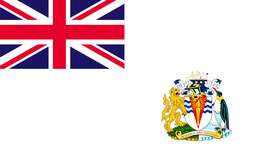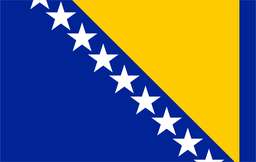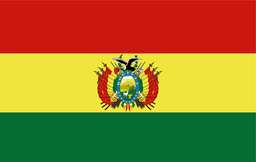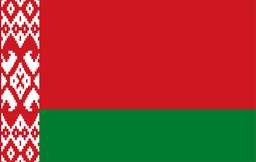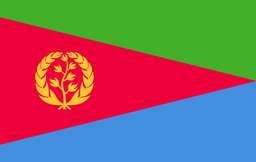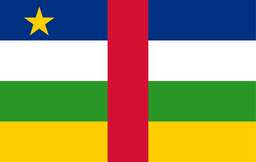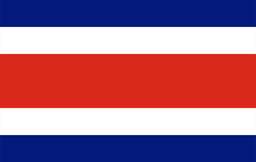The history of Belarus is shaped by ancient Slavic roots, medieval principalities, powerful regional empires, foreign domination, war, and modern state-building. Located in Eastern Europe between Russia, Poland, Ukraine, Lithuania, and Latvia, Belarus has historically stood at the crossroads of competing political, cultural, and military influences.
Belarusian history is marked by resilience and survival. Despite long periods without full sovereignty, the Belarusian people preserved their language, traditions, and identity. From early tribal societies and medieval states to Soviet rule and modern independence, Belarus’s past explains much of its present political and cultural landscape.
Ancient Period
Human settlement in the territory of modern Belarus dates back thousands of years. Early inhabitants lived along rivers and forests, relying on hunting, fishing, and later agriculture. By the first millennium CE, East Slavic tribes such as the Krivichs, Dregovichs, and Radimichs had settled across the region.
These tribes formed small communities connected by trade routes linking the Baltic and Black Seas. Rivers such as the Dnieper and Western Dvina played a crucial role in commerce and communication. Early Slavic societies practiced pagan beliefs centered on nature, ancestors, and seasonal cycles.
Gradually, tribal structures evolved into early political units. These foundations prepared the region for integration into larger medieval states that would shape Belarusian identity for centuries.
Colonial Period
During the medieval era, Belarusian lands became part of the state known as Kievan Rus’, one of the most influential early Slavic civilizations. Christianity was introduced in the 10th century, deeply influencing culture, literacy, and governance.
After the decline of Kievan Rus’, Belarusian territories were absorbed into the Grand Duchy of Lithuania. This period is often viewed as a golden age for the region. Local customs, legal traditions, and the Belarusian language were widely used in administration. Later, the Grand Duchy entered a political union with Poland, forming the Polish-Lithuanian Commonwealth.
Under this union, Belarusian lands experienced cultural exchange but also increasing pressure from Polish nobility and Catholic institutions. By the late 18th century, the Commonwealth weakened, and Belarus was gradually absorbed into the Russian Empire following a series of territorial partitions.
Independence
Under Russian rule, Belarusian lands faced policies of Russification that restricted local language, culture, and political expression. Despite this, national consciousness slowly grew during the 19th century through literature, education, and intellectual movements.
The collapse of the Russian Empire during World War I created an opportunity for self-rule. In 1918, Belarus briefly declared independence, but the new state lacked stability and international recognition. Soon after, the region became part of the Soviet Union as the Belarusian Soviet Socialist Republic.
Although true independence was lost, the idea of sovereignty remained alive in Belarusian national memory.
20th Century
The 20th century brought immense suffering and transformation. Belarus was one of the regions most devastated during World War II. Large portions of the population were killed, cities destroyed, and communities erased. The war left deep scars that continue to shape national identity.
After the war, Soviet Belarus underwent rapid industrialization and urban development. Education expanded, infrastructure improved, and Belarus became an important manufacturing center within the Soviet system. However, political freedom remained tightly controlled.
In 1986, the Chernobyl nuclear disaster heavily affected southern Belarus, causing long-term environmental and health consequences. This event further shaped public awareness and policy priorities.
With the collapse of the Soviet Union in 1991, Belarus declared independence, finally emerging as a sovereign state.
Modern Era
Since independence, Belarus has followed a unique political path in Eastern Europe. The country retained strong economic and political ties with Russia while maintaining formal independence. State control over major industries remained significant, shaping economic policy and social systems.
Modern Belarus faces challenges related to governance, civil liberties, and international relations. At the same time, the country emphasizes stability, social welfare, and national sovereignty. Belarusian culture, language, and historical memory continue to gain renewed attention among younger generations.
Today, Belarus stands as a nation deeply influenced by its past—balancing historical legacy, regional pressures, and the pursuit of its own identity in the modern world.
Frequently Asked Questions About the History of Belarus
Q: Who were the earliest inhabitants of Belarus?
The earliest inhabitants were East Slavic tribes such as the Krivichs, Dregovichs, and Radimichs.
Q: Was Belarus part of Kievan Rus’?
Yes, much of modern Belarus was part of Kievan Rus’ during the medieval period.
Q: When did Belarus become part of the Soviet Union?
Belarus became a Soviet republic in the early 1920s after a brief period of independence.
Q: How did World War II affect Belarus?
Belarus suffered massive destruction and population loss, making it one of the hardest-hit regions in Europe.
Q: When did modern Belarus gain independence?
Modern Belarus gained independence in 1991 following the collapse of the Soviet Union.




